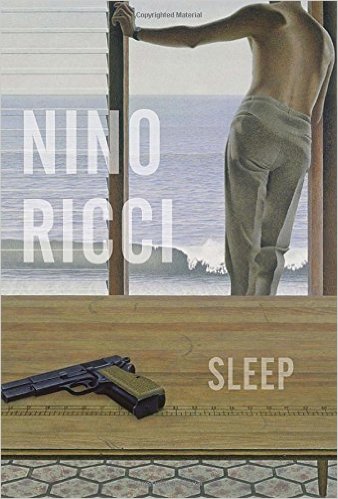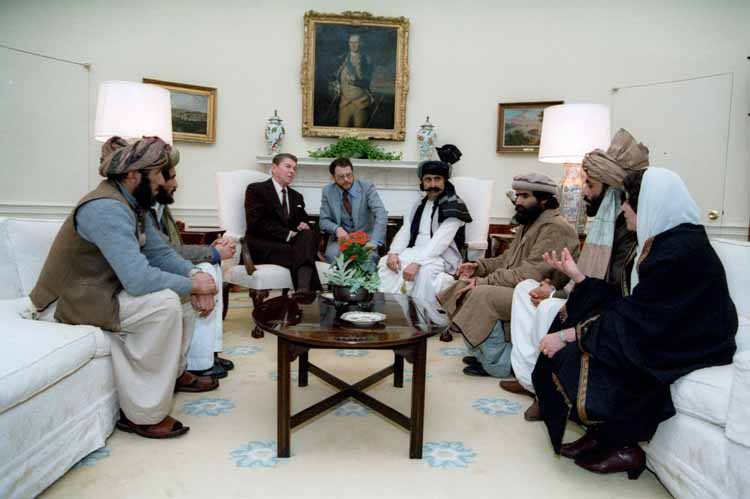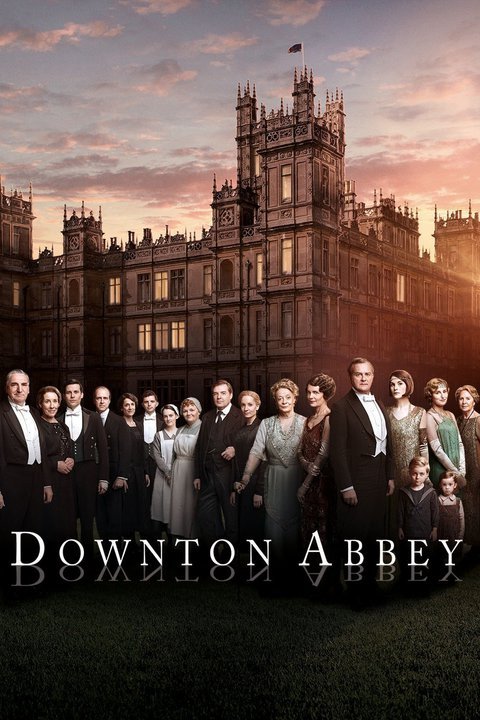 A review of Nino Ricci Sleep (2015) and Richard Linklater Waking Life (2001)
A review of Nino Ricci Sleep (2015) and Richard Linklater Waking Life (2001)Ricci's latest novel, Sleep, inspired by his own sleep disorder, is really more a fun text book on the latest brain research and the blind use of powerful drugs to alter--and possibly restructure (who knows?)--the brain. It's like a 'don't smoke' ad that's actually informative and hilarious, with a classic 'death of a salesman' plot moving it along.
The complexity of the brain and the perilousness of the chemical warfare we casually inflict on it is far greater than, say, sending a man around the moon or deploying star wars 'defense' systems. Imagine your brain: a ball the size of a large fist, crammed with billions of neurons, brain cells, a tiny Mission Control module, with dozens of centres, some highly specialized, some working in tandem with others, a fantastic electrical grid.
The more scientists reveal about the workings of the brain, the more questions arise. Enter profit-hungry pharmaceutical companies, developing ever new drugs, testing them as quickly as the lax laws allow, where concern for long term effects (there could be many, far reaching, varying among various brains) is cavalierly ignored.
Killer candy floss

 The Orlando shooting on June 12 has nothing to do with Islam and everything to do with US policies, both domestic and foreign.
The Orlando shooting on June 12 has nothing to do with Islam and everything to do with US policies, both domestic and foreign.  Why do I find the transgender bathroom debate so irritating? While Obama daily launches drones, killing dozens of innocent foreigners (or militants, it doesn't matter - both drone deaths are crimes against humanity), we are fed self-righteous nostrums, showing what a great liberal he is (soon to be joined, no doubt, by the supreme court).
Why do I find the transgender bathroom debate so irritating? While Obama daily launches drones, killing dozens of innocent foreigners (or militants, it doesn't matter - both drone deaths are crimes against humanity), we are fed self-righteous nostrums, showing what a great liberal he is (soon to be joined, no doubt, by the supreme court). Downton Abbey is phenomenon. A dazzling remake of Upstairs, Downstairs (1971--75), which was arguably better as a drama (well worth a second viewing), but which lacked Downton's docudrama cache and the breathtaking sets. Both series revisit the British empire at its peak, in the early 20th century, when the Union Jack covered half the globe, and the ruling elite lived a high life that can never be matched, no matter how many millions you may have. Genuine fairytale realities, heaven on earth -- at least for the elite.
Downton Abbey is phenomenon. A dazzling remake of Upstairs, Downstairs (1971--75), which was arguably better as a drama (well worth a second viewing), but which lacked Downton's docudrama cache and the breathtaking sets. Both series revisit the British empire at its peak, in the early 20th century, when the Union Jack covered half the globe, and the ruling elite lived a high life that can never be matched, no matter how many millions you may have. Genuine fairytale realities, heaven on earth -- at least for the elite. 



